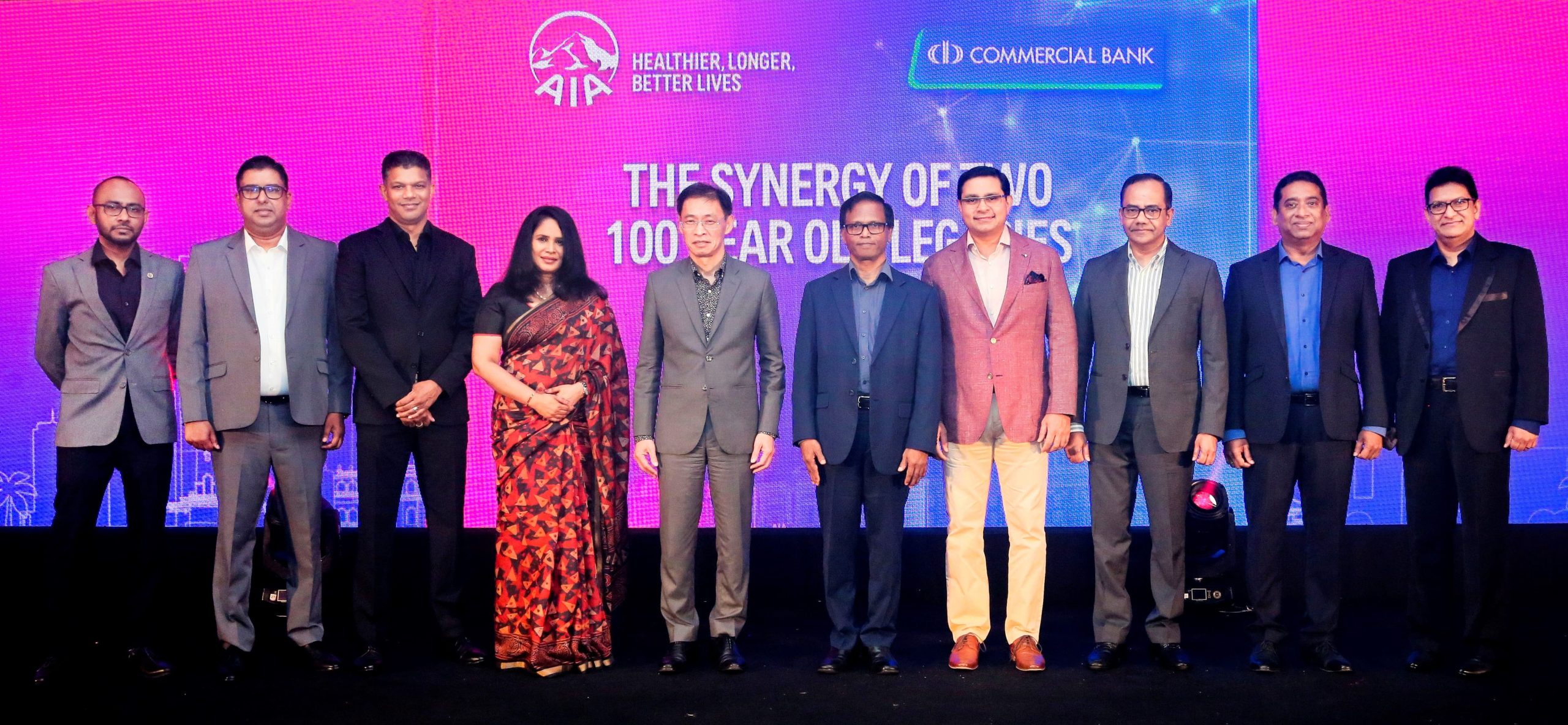Having grown up with cars in a family that boasts many members who work or have worked in various capacities in the Automotive industry, Yohann De Zoysa’s choice of career sector surprised no one.
“I rode my first motorcycle when I was about 12 and drove my first car at an equally young age (on a private road of course). Many early adult years were spent working on project cars or bikes.”

Yohann began his career in the Automotive industry in the U.S, working in Customer Experience Management.
“When I moved back to Sri Lanka, I joined Associated Motorways (Pvt) Ltd, and the first task I was given was to handle customer complaints at a three-wheeler workshop for Greaves, which later transitioned into Piaggio. From there onwards, I moved to manage the 3S (sales, spare parts and service) journey of the same brand and was fortunate enough to be entrusted with multiple roles in the organization, from developing AMW’s used car business to managing the overall strategy of leading brands such as Yamaha, Nissan, Renault and Datsun. In 2015, I moved to my current role as the Director of Passenger Vehicles at Associated Motorways (Pvt) Ltd.”
Speaking of the driving force behind his accomplishments, Yohann disclosed, “The opportunity to be mentored and challenged by great leaders and colleagues at all levels has contributed towards a big part of who I am today. I have been fortunate to associate with people who have carried such a wealth of global and local experience, and freely shared their knowledge from different markets around the globe. I am also fortunate to have a father whom I consider a pioneer in the Automotive industry, and who has always guided me in times of uncertainty. On a more personal front, my wife and two daughters inspire me to always strive to be the best version of myself.”
Known for his strategic thinking, Yohann defines it as, “The ability to zoom out and think of the economy, industry and company over a longer time period without being distracted and taking knee jerk reactions during a crisis. I think this is most relevant and appropriate for times like this. I am inspired by leaders who are able to envision, and instill that vision within their team for the long term in order to strategically navigate through tough times better than others.”
“It really depends on the segment that you compete in. At AMW, we work with a range of brands and products targeted at multiple consumer segments. But across most segments and products, I think what works in todays’ market is a focused personalized digital approach. Our investment in non-traditional media continues to be a focus area”, replied Yohann, when questioned about his preferred method of introducing a product to the market.
Describing what it’s like to be responsible for a number of popular automotive brands, Yohann explained, “Whilst as a car enthusiast it is really fun to be able to work with so many automotive brands, it is important to understand that each brand has its own character and journey. So, it requires you to adapt and align in order to help each brand project its own identity in the market. On any given day, I have to switch back and forth between discussions related to different brands. It’s both fun and challenging, and I really enjoy being able to use different ideas and learnings across products and segments to manage the journey and experience of each brand.”

On the topic of how the struggles of global OEMs (Original Equipment Manufacturers) to maintain operations will impact the future of the Sri Lankan Automotive industry, the Director stated, “Like many other industries, the auto manufacturers are also highly affected by the current global crisis. The global Auto industry has experienced a 25-30% decline in 2020 compared to last year and is projected to further decline in the coming months. No doubt some of this pressure will be passed on to the Sri Lankan market. As a result of this, all leading automakers are facing significant reductions in their profitability and as a result, we envisage delays in new model introductions and investment in RnD. As they consolidate global operations, they may prioritize more lucrative and stable markets, which offer the most growth potential.
Having said that, our biggest challenge in Sri Lanka is the continuous change in policies within the country, which exerts tremendous pressure on the operations and makes it almost impossible to plan. For example, the most recent change is a complete ban on imports. With the lead times for manufacturing the industry will now come to a standstill and pose a significant danger towards sustaining operations. While managing difficult situations during a global or local crisis is a part of our role, a complete ban on imports will leave us no room and is currently the biggest threat to the industry, related dealers and ancillary industries.”

